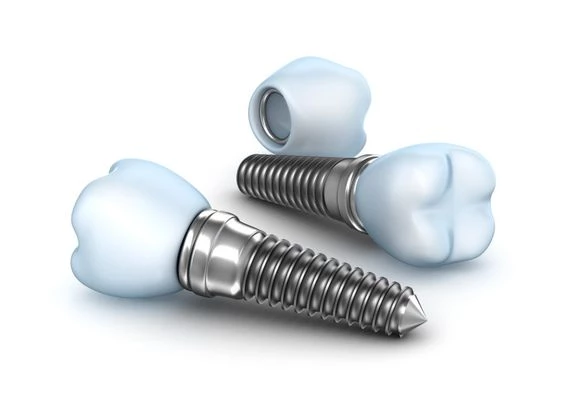Immediate Dental Implantation is a surgical procedure aimed at replacing missing teeth with new artificial teeth in the same surgical session. This is done by securing artificial roots in the jawbone using special materials after removing damaged or missing teeth.
Immediate Dental Implantation is characterized by providing an instant installation of new teeth, and there is no need to wait for a long period as in traditional dental implant treatment.
Immediate Dental Implantation can be an ideal option for people who want to regain their smile and tooth functions quickly and effectively.


